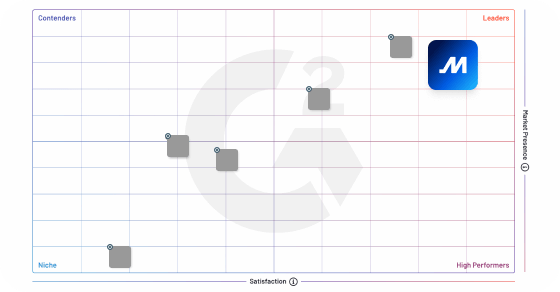Truckload carriers, also known as TL carriers, are a type of company that specialize in transporting large quantities of freight for a single customer. These carriers are typically contracted to move full truckloads of goods from one location to another. This allows the carrier to transport a significant amount of freight in a single shipment, which can be more cost-effective for the customer than shipping individual items separately.
Truckload carriers can transport a wide range of products, including raw materials, finished goods, and perishable items. The carrier must ensure that the goods are transported safely, securely, and on time. To do this, they use specialized equipment, such as refrigerated trailers for perishable items or flatbed trailers for oversized loads.
This type of carrier is an important part of the supply chain as it allows businesses to transport their goods efficiently and cost-effectively. Fleet tracking software supports more efficent routing and optimized operations.
Frequently Asked Questions
What does TL mean on a load board?
TL stands for truckload on load boards. This means that the available shipment requires a full truckload to be transported. TL loads are typically larger and require specialized equipment and handling. Load boards are online platforms where shippers and carriers can connect to find freight, and the inclusion of TL in the listing helps to filter out loads that may not be suitable for certain carriers.
What is truckload TL or FTL?
Truckload (TL) or full truckload (FTL) refers to a type of freight shipment that takes up the entire space of a truck. Unlike less than truckload (LTL), where multiple shipments are consolidated into one truck, TL or FTL shipments require the use of an entire truck. This method is ideal for large shipments that require a single, direct delivery to their destination. TL or FTL shipments can be more cost-effective and efficient for shippers who have a large volume of goods to transport.
Tracking trucks can optimize dispatch and ensure on-time delivery.
What is LTL vs FTL vs TL?
LTL stands for less than truckload, which refers to shipments that do not require a full truckload of space and are combined with other shipments. FTL stands for full truckload, where the entire truck is dedicated to a single shipment. TL stands for truckload, which is similar to FTL but may include multiple shipments from the same shipper. These terms describe different levels of shipment capacity and utilization of truck space in the logistics industry.
Real-time visibility into shipments supports on-time delivery and customer satisfaction.
What is LTL vs FTL vs TL?
LTL stands for less than truckload, which refers to shipments that do not require a full truckload of space and are combined with other shipments. FTL stands for full truckload, where the entire truck is dedicated to a single shipment. TL stands for truckload, which is similar to FTL but may include multiple shipments from the same shipper. These terms describe different levels of shipment capacity and utilization of truck space in the logistics industry.



